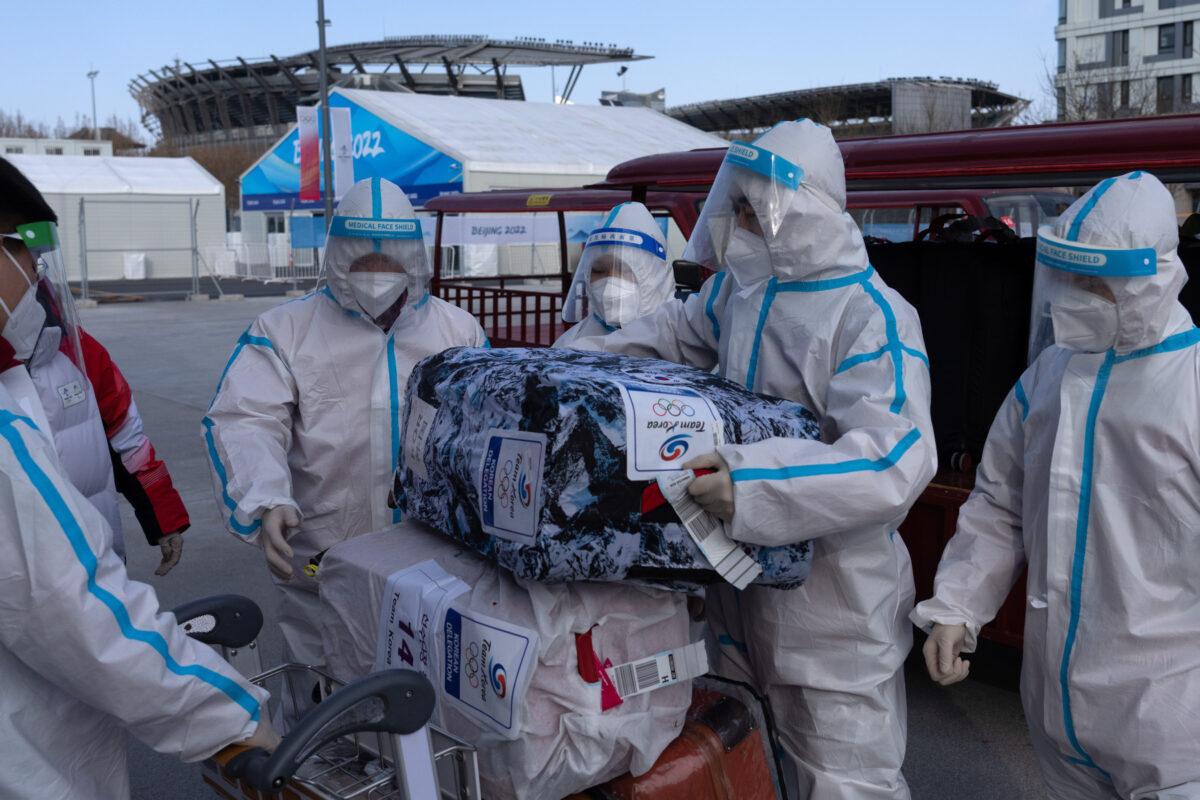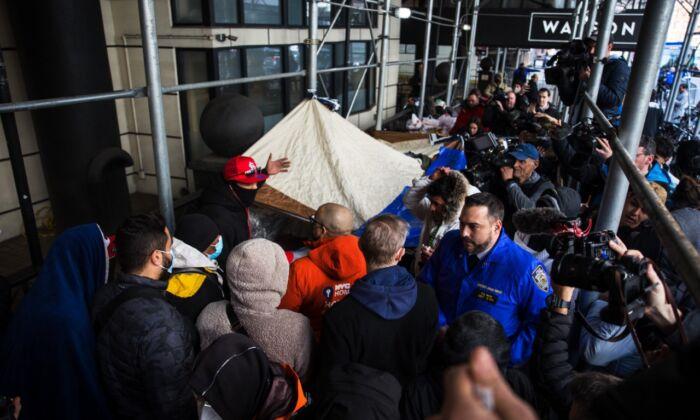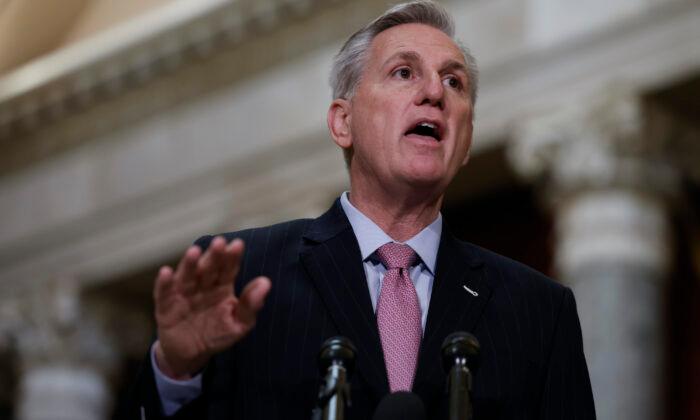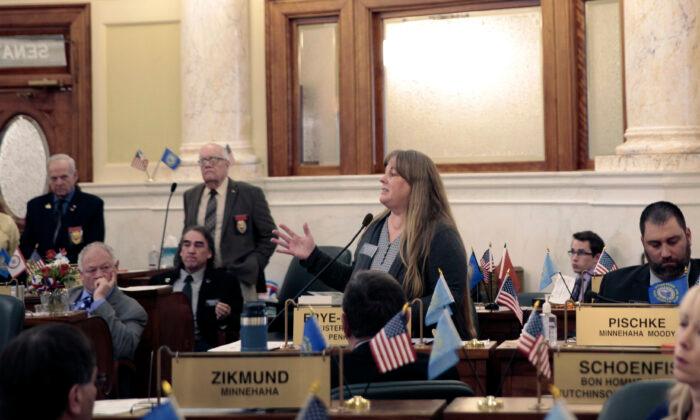China has been accused of violating the human rights of a Finnish ice hockey player who has been held in hotel quarantine in Beijing.
The accusation comes as complaints pile up over poor conditions for Winter Olympic athletes during COVID-19 isolation. Those complaints include issues with food, hygiene, and equipment for training.
“For some reason, [China] won’t respect his human rights, and that’s not a great situation,” Jukka Jalonen, head coach of the Finnish men’s ice hockey team, said in a Feb. 6 press conference via Zoom.
Marko Anttila, a ninth-round pick of the Chicago Blackhawks in the 2004 NHL draft, was “not getting good food,” and was under tremendous mental stress, according to Jalonen.
“I spoke to him yesterday,” the coach said. “Marko is a strong guy, mentally. He is not depressed, but he’s pretty down. A couple of times a day, he gets cold and tasteless spaghetti bolognese.”
Anttila remained absent while his teammates trained at the National Indoor Stadium in Beijing. The country’s first game at the Beijing Winter Olympics is set for Feb. 10 against Slovakia, but Anttila must show two negative PCR tests 24 hours apart before being released from quarantine.
The athlete tested positive 18 days ago, upon his arrival in China, after several negative tests prior to his departure for Beijing, according to team doctor Maarit Valtonen.
“We are very helpless, and we want Marko out of isolation,” Valtonen said.
Anttila is no longer infectious, and the continuing isolation is “not medically justified,” according to the doctor.
“Now, it looks like it’s more of a culture and a policy,” he said. “The attitude towards the virus is different here.”
‘Horror’ Story
Polish short-track speed skater Natalia Maliszewska posted on Twitter that her Olympic journey had turned into a “horror” story after she tested positive on Jan. 30.“At 3:00 am [on Feb. 5], people pull me out of solitary,” Maliszewska wrote, recalling her days in an isolation hotel room. “That night was a horror.”
She was finally cleared to compete on Feb. 7.
“I was crying like crazy because I didn’t know what was going on. I did not feel safe at all,” she said after being cleared.
Maliszewska said she slept with clothes on afterward, being afraid that someone would suddenly take her to solitary confinement again.
The skater was excluded from taking part in the 500-meter heat races on Feb. 5. Maliszewska said she was ruled in and out of the Games several times because of conflicting COVID-19 test results.
“I don’t believe all those tests now,” she said.
International Olympic Committee (IOC) Sports Director Kit McConnell told a news conference on Feb. 7 that the committee held a call with Olympic officials from countries represented at the Games to understand issues that the athletes are facing.

Russian biathlon competitor Valeria Vasnetsova said from one of the hotels that her stomach hurt.
“I’m very pale, and I have huge black circles around my eyes. I want all this to end. I cry every day. I’m very tired,” she said on Instagram.
Swedish journalist Philip Gadd was whisked off to isolation in an ambulance when he arrived in Beijing on Feb. 2.
“It was a really terrifying experience and it just felt like ... it didn’t feel real. It felt like as if I was in a movie, a sci-fi movie or something,” Gadd said in a Zoom interview from his quarantine hotel.





Friends Read Free